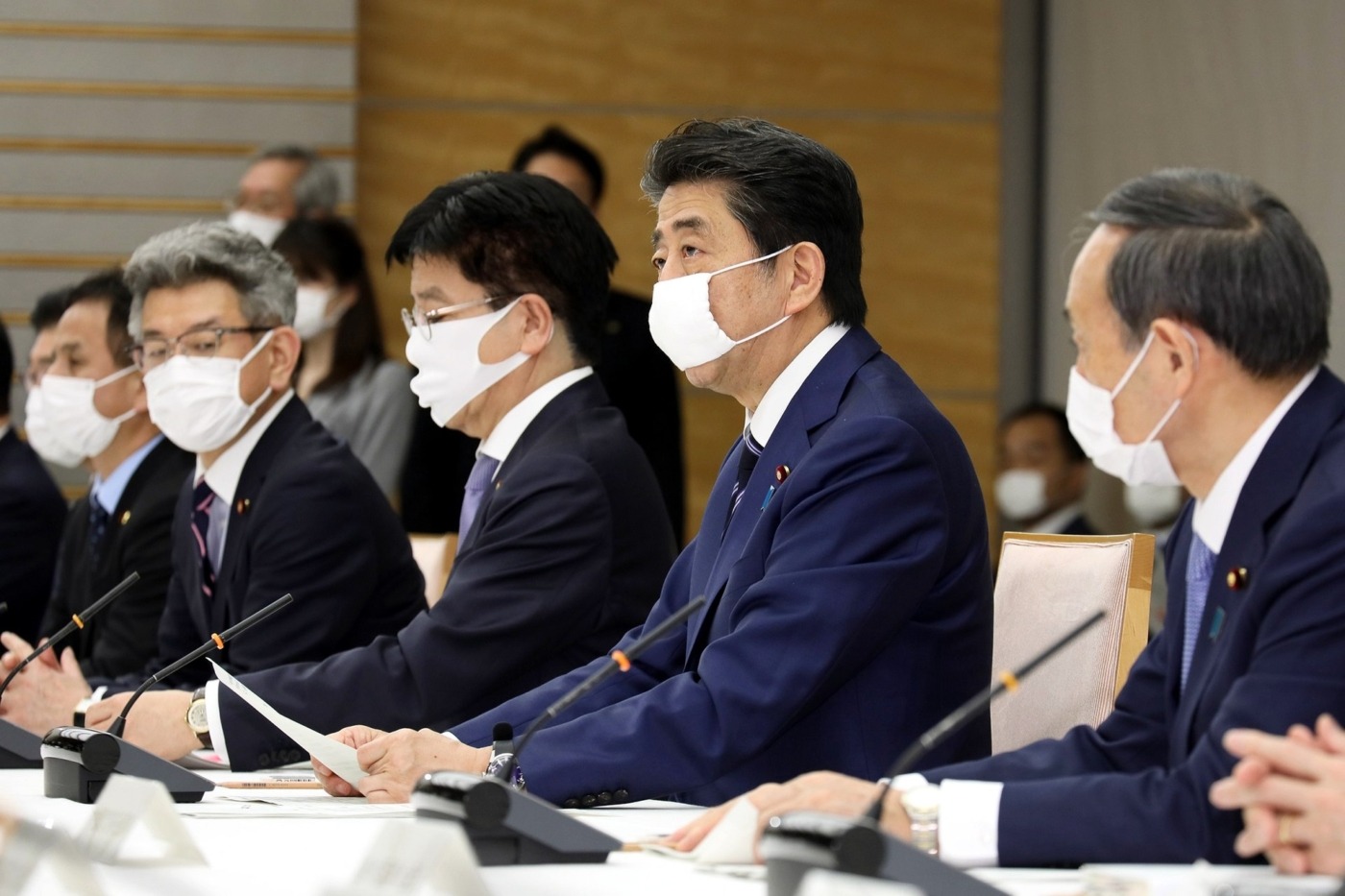The financial implications of Shinzo Abe’s resignation
Shinzo Abe, the former Japanese Prime Minister, resigned from his position last month due to health reasons, but what financial consequences has this had?
Shinzo Abe, who began his current period in office in 2012, had been Japan’s longest serving Prime Minister, but he suffered for many years from ulcerative colitis, an inflammatory bowel disease.
The 65-year-old said that his health had started to decline in mid-July as his ulcerative colitis made a resurgence, and, while he is now receiving a new treatment, he said that he could not make any mistakes in terms of important decision making and, therefore, had decided to step down.
During his press conference, Abe said: “If I should err in an important political decision or fail to produce results in the midst of pain and imperfect health, that would be unacceptable.”
Japan is expected to see its debt-to-GDP ratio climb to 252 percent in 2020, the worst among advanced economies
He was known for being a staunch conservative and nationalist, with an aggressive economic policy for stimulating growth known as “Abenomics”: this was three-pronged, focusing on bold monetary easing by the Bank of Japan, flexible fiscal policy and structural reform to spur growth.
Abe’s resignation comes at a time when Japan is still grappling with coronavirus, with stimulus low and the economy even more stagnant than before.
Public debt is currently at 200% of GDP, and, according to the International Monetary Fund, Japan is expected to see its debt-to-GDP ratio climb to 252 percent in 2020, the worst among advanced economies.
“Wage growth has remained stagnant, which is in line with the very low labor productivity,” writes Alicia Garcia Herrero, chief economist, Asia Pacific, for Natixis in Hong Kong. “The much-needed reform of Japan’s dual labor market never came to bear fruit.”
When Abe’s resignation was announced, the Nikkei 225 index (the primary stock market index for the Tokyo Stock Exchange) fell by 2.5% and by the end of the day was down by 1.4%
Consequently, Japan’s potential growth has continued to decline, and the general market view is that, while Abe didn’t do much to make Japan a growth story, he at least didn’t let it sink into the sea.
Speaking about Abe’s resignation, Junichi Ishikawa, senior foreign exchange strategist at IG Securities in Tokyo, said: “This is a negative for Japanese stocks because it raises questions about what polices come next.”
Similarly, Norihiro Fujito, senior investment strategist at Mitsubishi UFJ Morgan Stanley Securities, claimed: “Japanese markets have enjoyed a condition in which there was almost no political risk, but that advantage may disappear in the future. An unstable government is what foreign investors dislike most.”
When Abe’s resignation was announced, the Nikkei 225 index (the primary stock market index for the Tokyo Stock Exchange) fell by 2.5% and, by the end of the day, was down by 1.4%, due to a sharp sell-off in Japanese stocks.
Suga is trying to keep things similar to Abe’s reign and maintain stability throughout these turbulent times
However, earlier this month, Abe’s former Chief Cabinet Secretary, Yoshihide Suga, was elected as the new Prime Minister, and he has promised to continue many of Abe’s policies, including “Abenomics”, suggesting that there won’t be any radical change in governance or policies.
Although Suga promised to be a reformer, he has retained numerous important ministers from the Abe administration and from the ruling Liberal Democratic Party, including Taro Aso and Toshihiro Nikai, who will remain as finance minister and LDP secretary-general respectively.
This suggests that Suga is trying to keep things similar to Abe’s reign and maintain stability throughout these turbulent times, with his primary focus being on tackling the coronavirus pandemic.
Japan’s third quarter is expected to be sluggish yet again, due to the small scope for policy changes and a sharp drop in household disposable income
“At this moment, he has to focus on very short-term issues like how to stimulate economy,” said Heizo Takenaka, who served in the cabinet of reformist former premier Junichiro Koizumi.
“He isn’t after visions. He’s someone who wants to accomplish small goals one by one,” said political analyst Atsuo Ito, a former ruling party staff member. “He’ll initially focus on pragmatic goals that directly affect people’s livelihood,” indicating that the pandemic is the current priority.
However, Japan’s third quarter is expected to be sluggish yet again, due to the small scope for policy changes and a sharp drop in household disposable income resulting from the fading effect of fiscal support such as cash handouts.

Comments